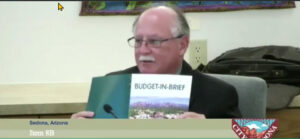Clayton Company has a modular manufactured home development in Chino Valley; apparently interested in Clarkdale area of the Verde Valley
According to a brief report made to the Governing Board October 19 by Yavapai District Governing Board Chair Deb McCasland, a meeting was held earlier in the month in Clarkdale with a variety of people to discuss the interest that the Clayton Company may have in meeting the need for student residence halls and affordable faculty and staff housing in the Verde Valley.
 The list of persons attending the meeting included: Clarkdale mayor Robyn Prud’homme-Bauer; Yavapai Community College President Dr. Lisa Rhine, Yavapai Community College Vice President of Community Relations and Student Development, Rodney Jenkins; Governing Board Chair Deb McCasland; Richard Hernandez, Director of the Regional Economic Development Center; representation from the Verde Valley Regional Economic Organization; and representation from the Clayton Company.
The list of persons attending the meeting included: Clarkdale mayor Robyn Prud’homme-Bauer; Yavapai Community College President Dr. Lisa Rhine, Yavapai Community College Vice President of Community Relations and Student Development, Rodney Jenkins; Governing Board Chair Deb McCasland; Richard Hernandez, Director of the Regional Economic Development Center; representation from the Verde Valley Regional Economic Organization; and representation from the Clayton Company.
The Verde Valley Campus Dean, Dr. Tina Redd, and the Verde Valley Governing Board Representative from District three, which encompasses the Sedona Center and the Verde Valley Campus, Paul Chevalier, were not at the Clarkdale meeting. The Community College representatives present at the meeting are all from the Prescott/Prescott Valley area.
Ms. McCasland reported to the Board that she discussed with the Clayton Company and the assembled group the “need for student housing, and the need for accessible housing for faculty and staff in the Verde Valley.” She said that “they took the information and will get back to us.” Dr. Rhine did not include any comment on this meeting when she gave her President’s report to the Governing Board on Tuesday, October 19.
The Clayton Company has a development in Chino Valley, Arizona. It specializes in manufactured and modular homes. Chair McCasland indicated that the Clayton Company may have a development “near our campus in Clarkdale.”
The Verde Campus in Clarkdale has around 80 acres of prime real estate that is undeveloped. The College has not expanded its 13 acre vineyard into these acres and has recently constructed its CTE facility on a raised stone plaza rather than build it on the 80 acres, which some argue would have allowed for easy expansion. The College currently has announced no plans to create a solar farm to reduce energy consumption on the Verde Campus or to use the vacant acres for any other purpose.
A video clip of Chair McCasland’s report to the Governing Board appears below.
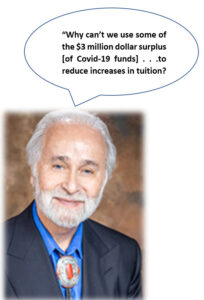 Mr. Chevalier argued that unless there were restrictions on the use of the approximate $3 million of “surplus” unspent Covid-19 Federal relief funds now in the College’s hands, a portion of that money should be applied to the budget rather than increase tuition for 2022-2023. The Administration responded to Mr. Chevalier asserting that it was not certain about whether a portion of the $3 million could be used to cover the tuition increase. Moreover, it felt it was a bad idea to use one-time excess funds to cover annual operating costs.
Mr. Chevalier argued that unless there were restrictions on the use of the approximate $3 million of “surplus” unspent Covid-19 Federal relief funds now in the College’s hands, a portion of that money should be applied to the budget rather than increase tuition for 2022-2023. The Administration responded to Mr. Chevalier asserting that it was not certain about whether a portion of the $3 million could be used to cover the tuition increase. Moreover, it felt it was a bad idea to use one-time excess funds to cover annual operating costs.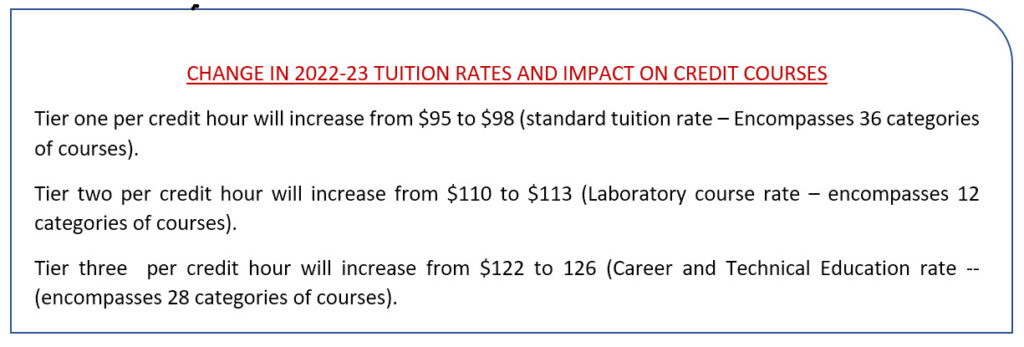
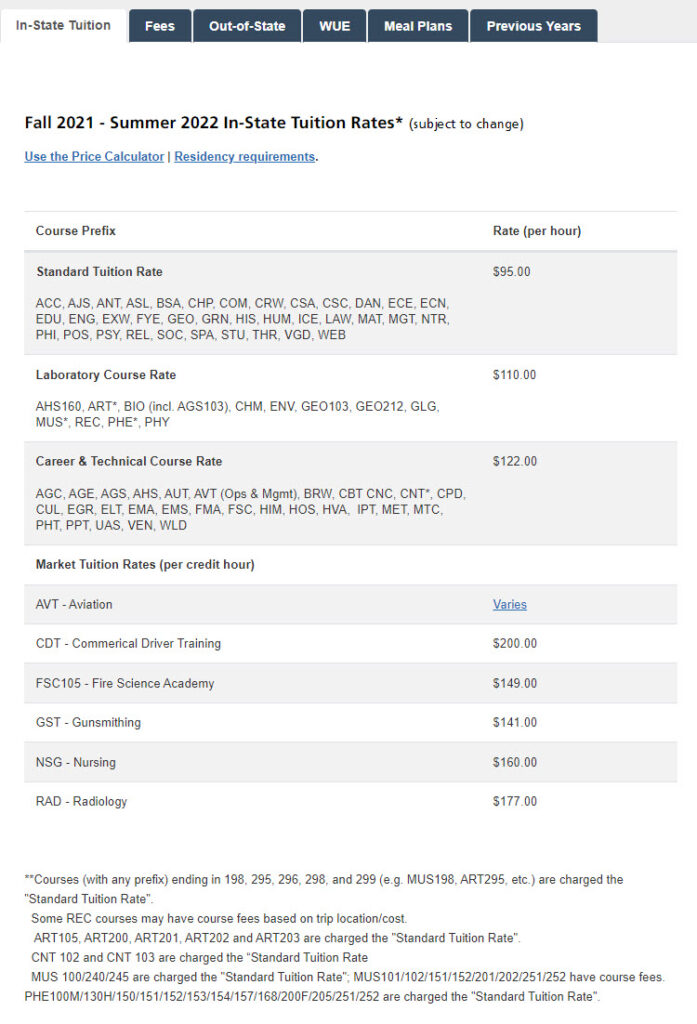
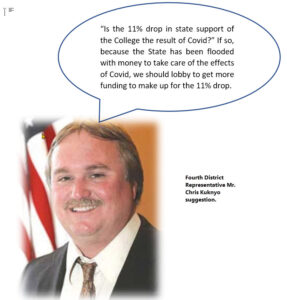
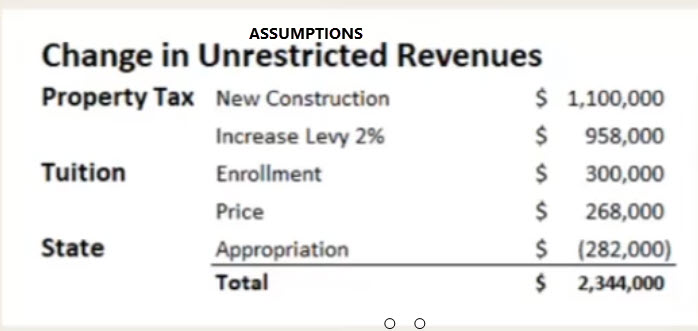
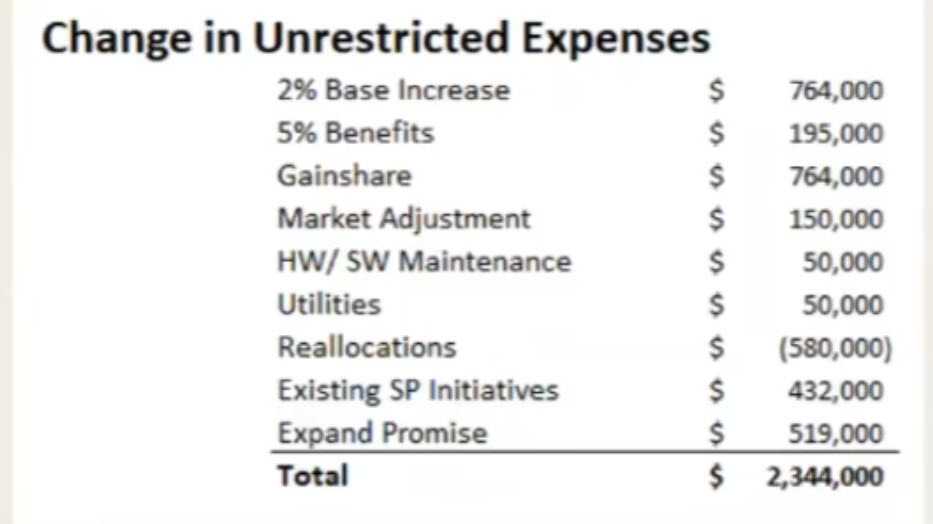
 The Yavapai Community College District Governing Board will hold its monthly General Open Public Meeting on Tuesday, October 19, 2021 at 1:00 p.m. at the Rock House on the Prescott Campus in Prescott, Arizona.
The Yavapai Community College District Governing Board will hold its monthly General Open Public Meeting on Tuesday, October 19, 2021 at 1:00 p.m. at the Rock House on the Prescott Campus in Prescott, Arizona.  Why is the College so slow to react? Is it because the Sedona Center is so far from the Community College’s executives based in Prescott that actual development will never be a priority in the lens of the administration? Maybe, in the far reaches of their minds, the Community College executives are still contemplating what the former president tried to do in 2013-14, that is, shutter the Center for good.
Why is the College so slow to react? Is it because the Sedona Center is so far from the Community College’s executives based in Prescott that actual development will never be a priority in the lens of the administration? Maybe, in the far reaches of their minds, the Community College executives are still contemplating what the former president tried to do in 2013-14, that is, shutter the Center for good.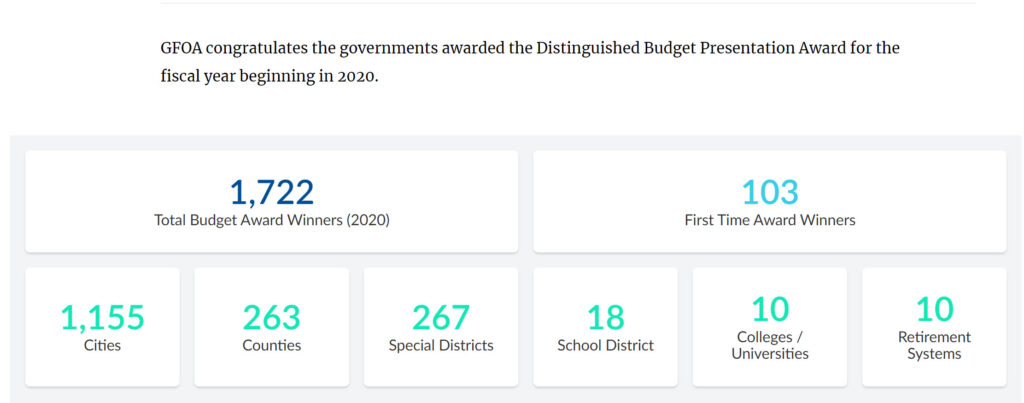
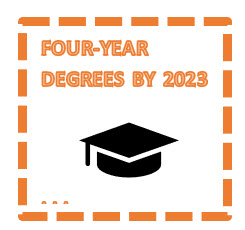 In a press release authored by Yavapai Community College reporter Tyler Rumsey on September 30, 2021, it was announced that the College has set up a process to bring four-year degrees to its campuses and centers. The release said a formal working group has been created and already established a tentative timeline for the first four-year degree to be available to Yavapai students by the fall of 2023.
In a press release authored by Yavapai Community College reporter Tyler Rumsey on September 30, 2021, it was announced that the College has set up a process to bring four-year degrees to its campuses and centers. The release said a formal working group has been created and already established a tentative timeline for the first four-year degree to be available to Yavapai students by the fall of 2023.